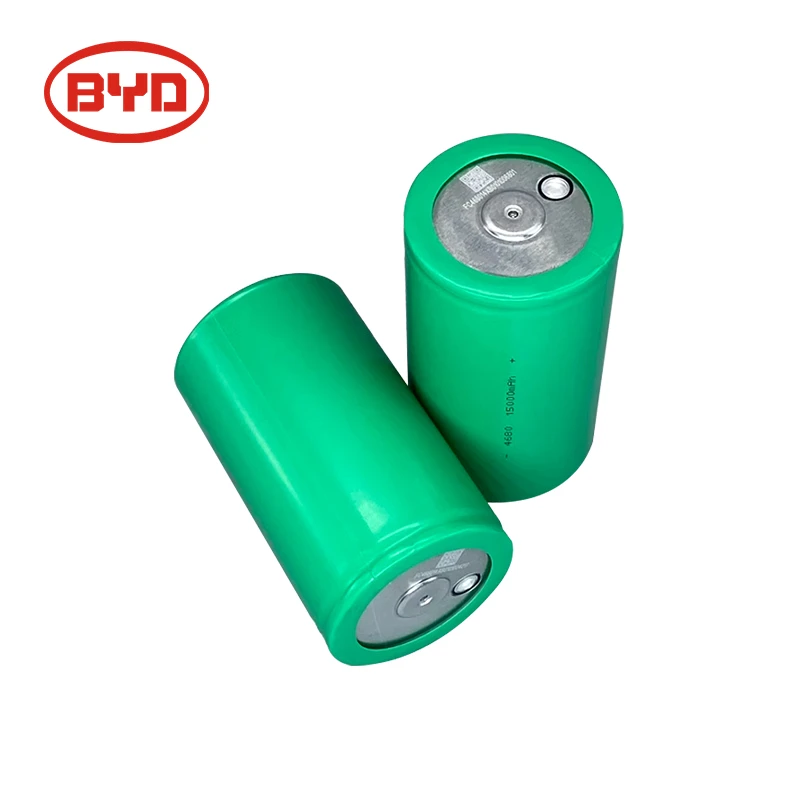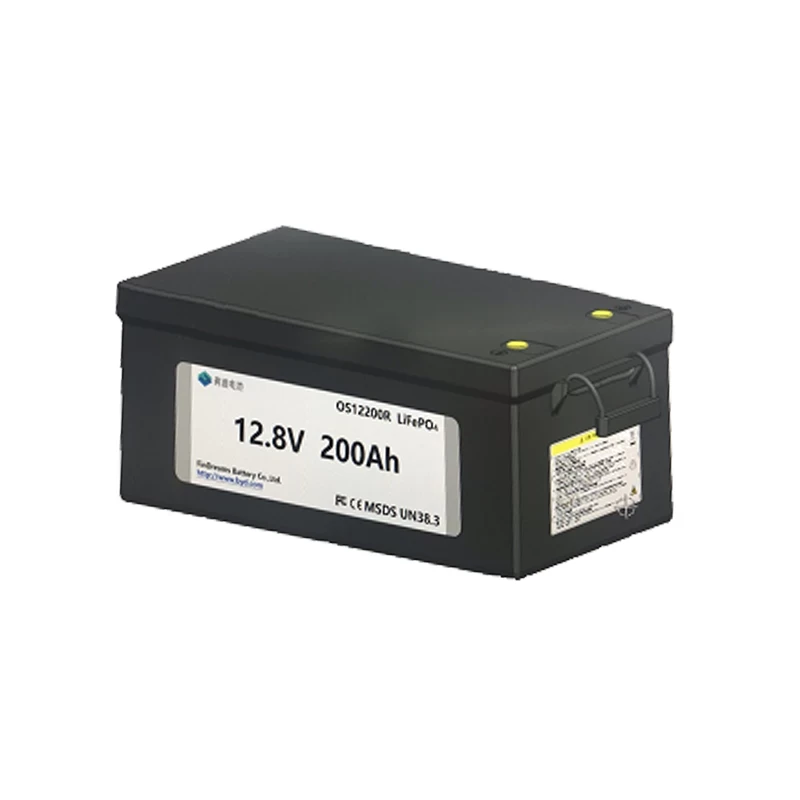Electric vehicle batteries are energy storage devices used to provide the power and driving energy required by electric vehicles. They are the core components of electric vehicles, similar to the fuel tank and engine in traditional internal combustion engine vehicles.
Functions of car batteries:
Energy storage: Electric vehicle batteries can store large amounts of electrical energy for use in electric vehicle drive motors. These batteries usually use chemical reactions to convert chemical energy into electrical energy, such as lithium-ion batteries, nickel-metal hydride batteries, etc.
Energy density: The energy density of a battery determines the amount of electrical energy that can be stored per unit volume or unit weight. Batteries with high energy density can provide longer driving range while reducing the total weight of the vehicle, helping to improve the performance and efficiency of electric vehicles.
Charging and discharging: Electric vehicle batteries can be charged from an external power source and store electrical energy after charging for vehicle travel. When the vehicle is running, the battery converts the stored electrical energy into power by discharging, driving the motor to drive the vehicle.
Cycle life and durability: Electric vehicle batteries have a certain cycle life, that is, the number of charge and discharge cycles. With the advancement of technology, the cycle life of batteries is constantly improving to meet users' needs for long-term reliability and durability.
Safety and environmental protection: The safety of electric vehicle batteries is crucial, involving safety issues such as battery stability, thermal management during charging, and preventing short circuits. In addition, the environmental friendliness of electric vehicle batteries is also an important consideration, including the production process of battery materials, recycling and disposal of used batteries and other environmental impact management.

Different types of car batteries:
Lithium-ion batteries:
Lithium-ion batteries are currently used in most portable consumer electronics such as cell phones and laptops because of their high energy per unit mass and volume relative to other electrical energy storage systems. They also have a high power-to-weight ratio, high energy efficiency, good high-temperature performance, long life, and low self-discharge. Most components of lithium-ion batteries can be recycled, but the cost of material recovery remains a challenge for the industry. Most of today's all-electric vehicles and PHEV use lithium-ion batteries, though the exact chemistry often varies from that of consumer electronics batteries. Research and development are ongoing to reduce their relatively high cost, extend their useful life, use less cobalt, and address safety concerns in regard to various fault conditions.
Nickel-Metal Hydride Batteries:
Nickel-metal hydride batteries, used routinely in computer and medical equipment, offer reasonable specific energy and specific power capabilities. Nickel-metal hydride batteries have a much longer life cycle than lead-acid batteries and are safe and abuse tolerant. These batteries have been widely used in HEV. The main challenges with nickel-metal hydride batteries are their high cost, high self-discharge rate, heat generation at high temperatures, and the need to control hydrogen loss.
Lead-Acid Batteries
Lead-acid batteries can be designed to be high power and are inexpensive, safe, recyclable, and reliable. However, low specific energy, poor cold-temperature performance, and short calendar and lifecycle impede their use. Advanced high-power lead-acid batteries are being developed, but these batteries are only used in commercially available electric-drive vehicles for ancillary loads. They are also used for stop-start functionality in internal combustion engine vehicles to eliminate idling during stops and reduce fuel consumption.
Buy lithium iron phosphate batteries:
lifepo4 battery 3.2 v:
Lifepo4 100ah:
Blade battery:
In the future, with the further innovation and application of battery technology, electric vehicles are expected to become mainstream transportation. However, the challenges faced by battery technology include cost, safety, and the construction of charging infrastructure. Through policy support and industry cooperation, these challenges can be gradually overcome to promote the popularization and development of electric vehicles.
In summary, as a core component of clean energy technology, electric vehicle batteries are not only of great significance to environmental protection, but also play a key role in the innovation of future travel modes. With the continuous advancement of technology and the improvement of social acceptance, electric vehicle batteries are expected to become one of the important engines to promote sustainable development.
For more relevant information, please contact us at our website:ciclibattery.com








